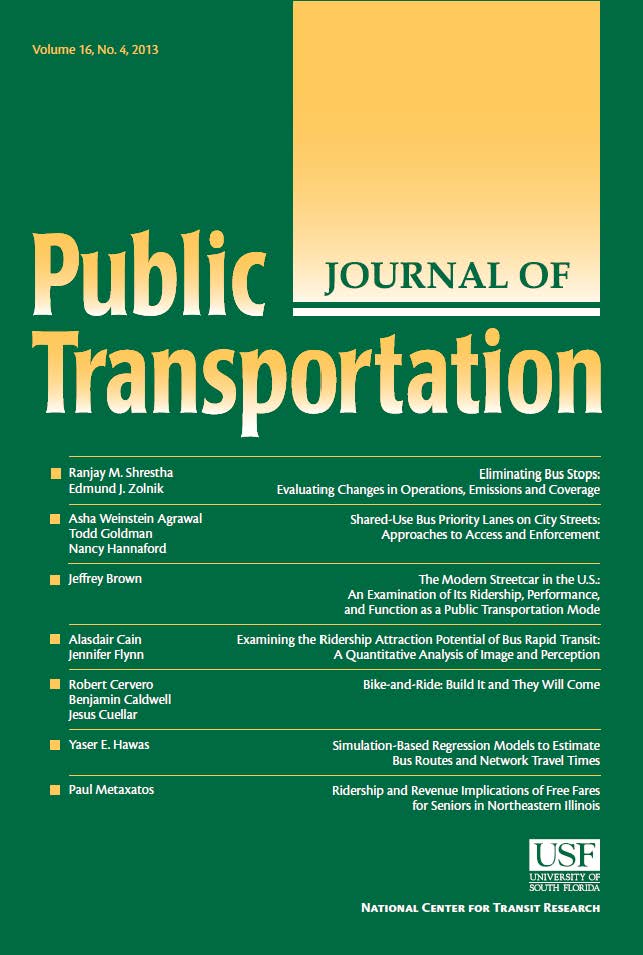Unveiling the spatial heterogeneity of public transit resilience during and after the COVID-19 Pandemic
Abstract
Even though COVID-19 no longer poses a significant threat to public health, it is crucial to reflect on this large-scale event to design equity and adaptability into services like public transportation systems for cities of the future. The case of Seoul presents a unique opportunity to analyse the pandemic's impact on transit ridership, serving as a natural experiment which is characterized by the implementation of a non-lockdown policy coupled with proactive transit management strategies. This study introduces a resilience index that magnifies the “unaveraged clues” of changes in Origin-Destination (OD) pairs to quantify the spatially unequal response of Seoul public transit use to external shocks from 2020 to 2023. Our findings reveal spatial heterogeneity in the resilience index of OD pairs and the dynamic change of related factors. OD pairs with high resilience during the outbreak were often associated with long-distance and labour-intensive industries, highlighting the need for transit systems to cater to “captive” travellers during the outbreaks. Despite overall ridership recovery in Seoul, factors like car ownership and the diversity of spatial functionality continued to influence patterns, which suggests that transit systems should focus on improving attractiveness to regain lost passengers post-pandemic. These insights are valuable for aligning policy with spatial and temporal dynamics to create equitable and sustainable public transportation systems.

 求助内容:
求助内容: 应助结果提醒方式:
应助结果提醒方式:


